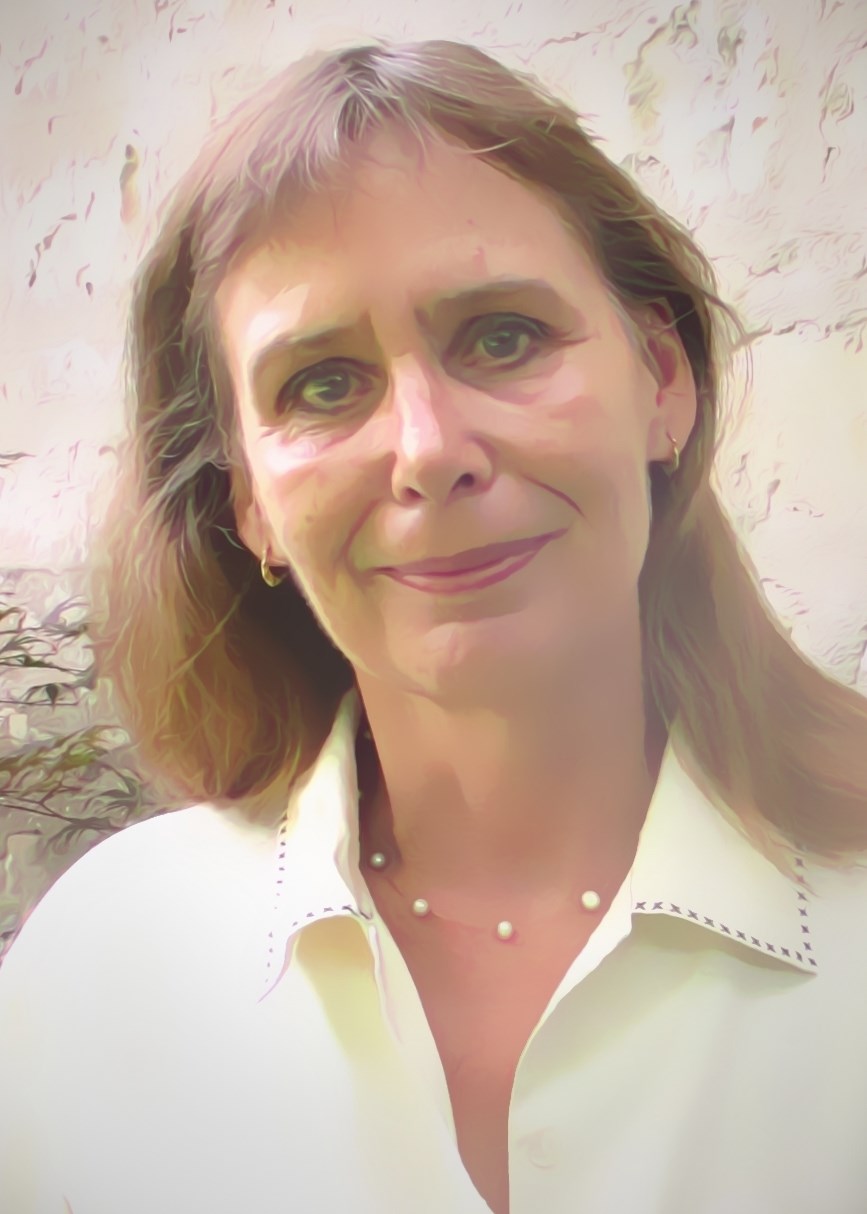GuelphToday asked candidates running for council in the Oct. 22 election to provide a brief bio and outline their platform and/or reason for running.
THE PERSON: I love Guelph. I grew up here and was thrilled to return eight years ago and make my home in Ward 2.
I am a graduate in environmental design from OCAD University and have worked with some of Canada's best-known architects and landscape architects.
As a communications professional, I have been a consultant to the University of Toronto, the Higher Education Quality Council of Ontario, the Hospital for Sick Children, the Canadian Landmine Foundation and National Search and Rescue. I have trained as a 911 operator and am certified in incident command for emergency personnel.
In 2016 I was part of the census team for Statistics Canada and much of my work happened to be throughout Ward 2. I gained exceptional insight into our demographics: the range of ages, incomes, housing, and life circumstances.
I cherish our parks and trails, our architectural history and the original urban design that gave us beautiful buildings and a green, walkable, livable city.
As a city, there is a lot we can be proud of and there are many reasons for optimism. We enjoy relative prosperity, and continue to work toward mandated growth. There are, however, things that can be done or made better.
THE PLATFORM: Accountability and quality of life.
ACCOUNTABILITY:
Responsible: I believe that elected officials and those who are paid by the public purse are absolutely responsible to the people who entrust them with the stewardship of their interests. As Councillor for Ward 2, I will be responsive and responsible to the community and be an advocate with both council and staff. I will provide regular updates, in person and online, on issues that affect Ward 2 and the city as a whole.
Independent: A city councillor should not represent any particular special interest or advocacy group. A councillor should be neutral, open to consider issues from all perspectives, and balance the viewpoints of all stakeholders. I have not endorsed any group's platform. I value research, input, and collaboration to attain consensus.
Sensible: I would like people in Guelph to have a clearer understanding of the city's finances. People need to see that resources are being managed appropriately and responsibly. This means municipal communications that include benchmarks and key performance indicators. People need and want to know how their money is spent and why. It also means a better approach to infrastructure and capital projects - from funding to design, through construction supervision and in to operating costs.
Effective: As Calgary mayor Naheed Nenshi has said, “Is removing the snow a right-wing or left-wing idea? Is fixing the potholes more New Democrat or Conservative?” I believe for a city councillor to be truly effective it is important to be non-partisan, and to work collaboratively around the council table and with city staff to address the practical realities of living in Guelph, which, after all, is council's job.
QUALITY OF LIFE:
I would like all of us to feel safe in our homes, have access to green space and have a sense of stability and optimism about our neighbourhoods and communities.
Crime and Community Policing: The crime rate is increasing year over year. The renovation of the Guelph Police Service headquarters to serve our growing population makes it timely for a service review of Guelph Police, particularly the approach to community policing.
The Opioid Crisis: We need a stronger and more comprehensive approach to illegal drug use and the opioid crisis. Addiction is a complex issue and numerous agencies and levels of government are involved. Guelph needs an effective and wide-ranging strategy to address this issue and its impact on our residents. We should also look at working collaboratively with Waterloo Region (which is similarly affected) to share local knowledge, resources and approaches, and to advocate with the provincial and federal governments.
The Environment: We need to respect and enhance our urban forests and tree canopy in existing neighbourhoods and new developments. Trees are one of the most helpful mitigators against climate change, cost-effective and an investment in the future. We need more parks and managed green space, and to protect our natural heritage, rivers and groundwater.
Growth: The city needs to use the tools of zoning and planning to require greater variety, imagination and energy efficiency in our built environment. We need to provide for walkable communities with green space and commercial hubs, and make long-term commitments to building sustainably, to ensure both market desirability and mandated growth.
Housing: In order to ensure affordability and livability, we need a healthy variety of housing stock and a mixture of housing options for a broad range of incomes. There are shocking levels of hidden poverty and homelessness in the city, and an ongoing and growing demand for housing assistance. The next council must work proactively with the county, the province and the federal government, as well as the for- and non-profit sectors to address this issue.
Jobs: Support local entrepreneurs and employers. Look to the opportunities posed by clean, alternative industries and new technologies for innovation and stable employment.
